Abstract
Primary sclerosing cholangitis is a progressive and chronic disease in which biliary tract damage develops with patchy inflammation, fibrosis, and destruction in the bile ducts. Inflammatory bowel disease is a chronic inflammatory disease which affects the gastrointestinal tract. Although it seems like 2 separate diseases, primary sclerosing cholangitis is mostly seen together with inflammatory bowel disease. Although it seems like two seperate diseases, PSC is mostly seen together with IBD. Many of the genes that genetically predispose to primary sclerosing cholangitis are also associated with ınflammatory bowel disease. The relationship between the development of primary sclerosing cholangitis and the gut, genetic predisposition, common immunity cells, and pathways suggested the relationship of these 2 disesases, although it cannot be clearly demonstrated. Because of this close relationship, primary sclerosing cholangitis should be considered when cholestatic enzyme elevation is present in patients with ulcerative colitis, and every patient diagnosed with primary sclerosing cholangitis should be screened for inflammatory bowel disease with colonoscopy and random biopsies, regardless of symptoms. Concomitant inflammatory bowel disease is often ulcerative colitis. Symptoms of the bowel are often milder than ulcerative colitis alone. The most important point in the co-existence of these 2 diseases is the increased risk of colon cancer. Patients should definitely undergo an annual colonoscopic control, and if possible, they should be evaluated with chromoendoscopy and random biopsies should be taken. If primary sclerosing cholangitis–inflammatory bowel disease patients had cancer, high-grade dysplasia, and unresectable low grade dysplasia (LGD), colectomy should be considered. It should be kept in mind that the risk of colon cancer continues even after liver

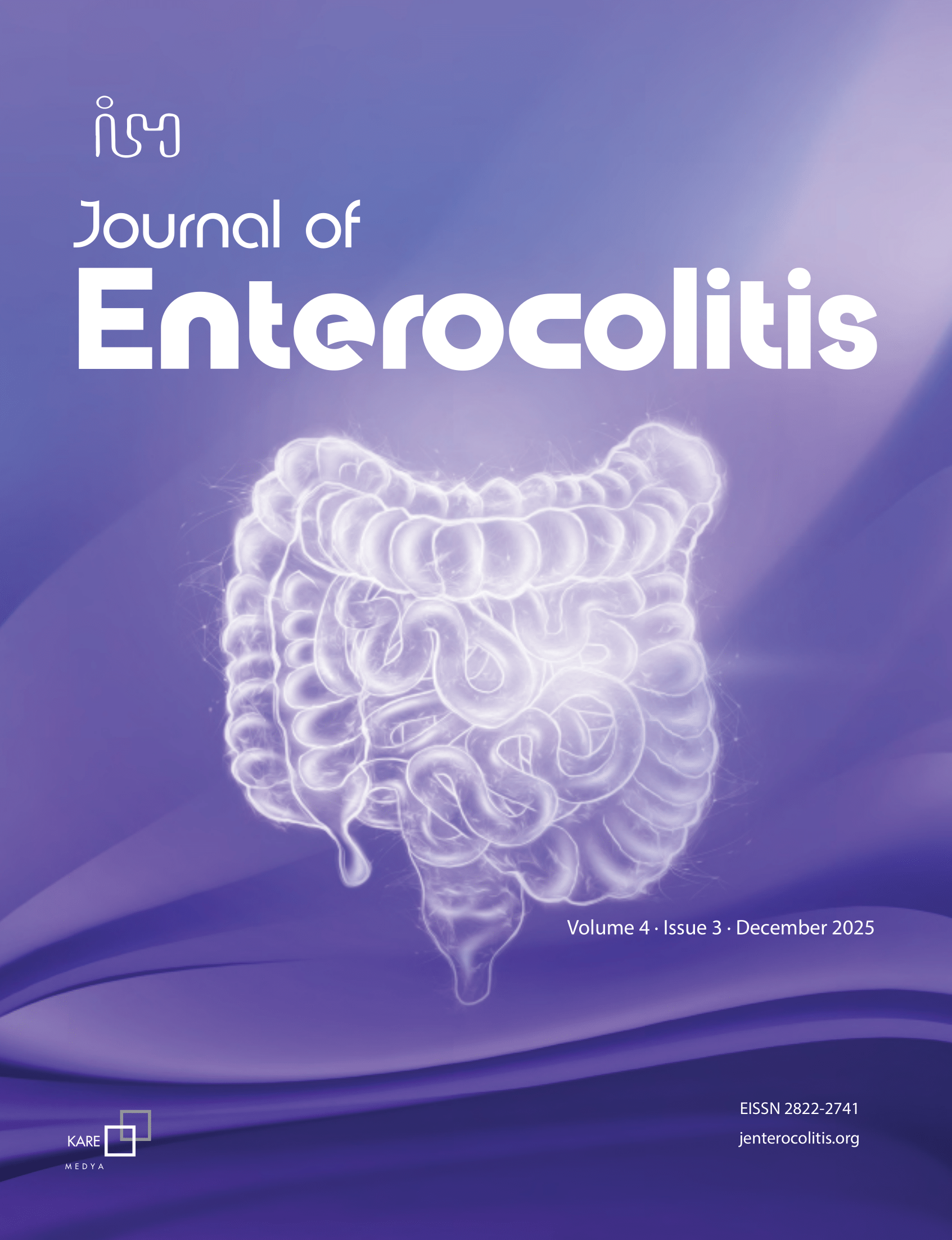
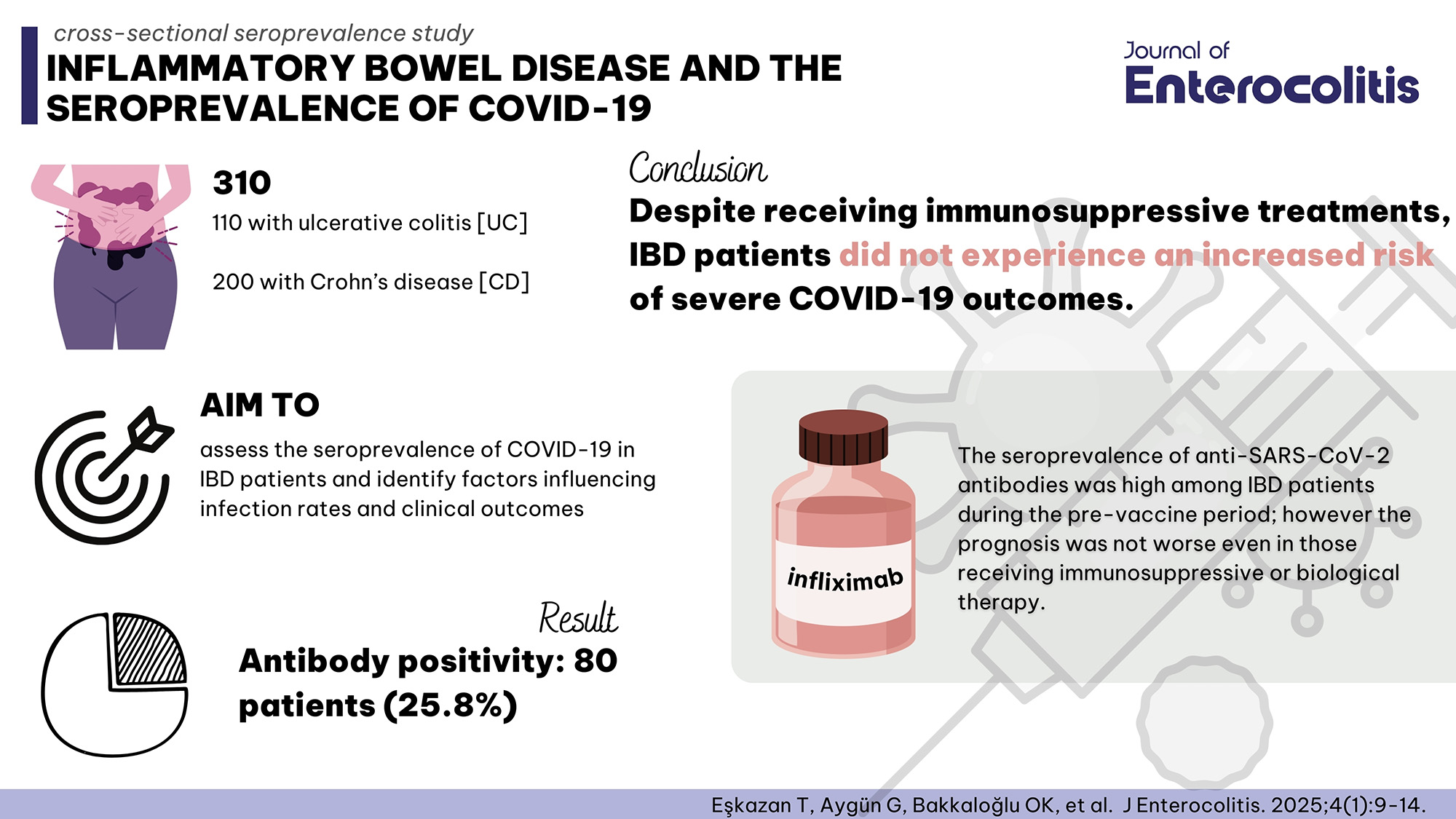
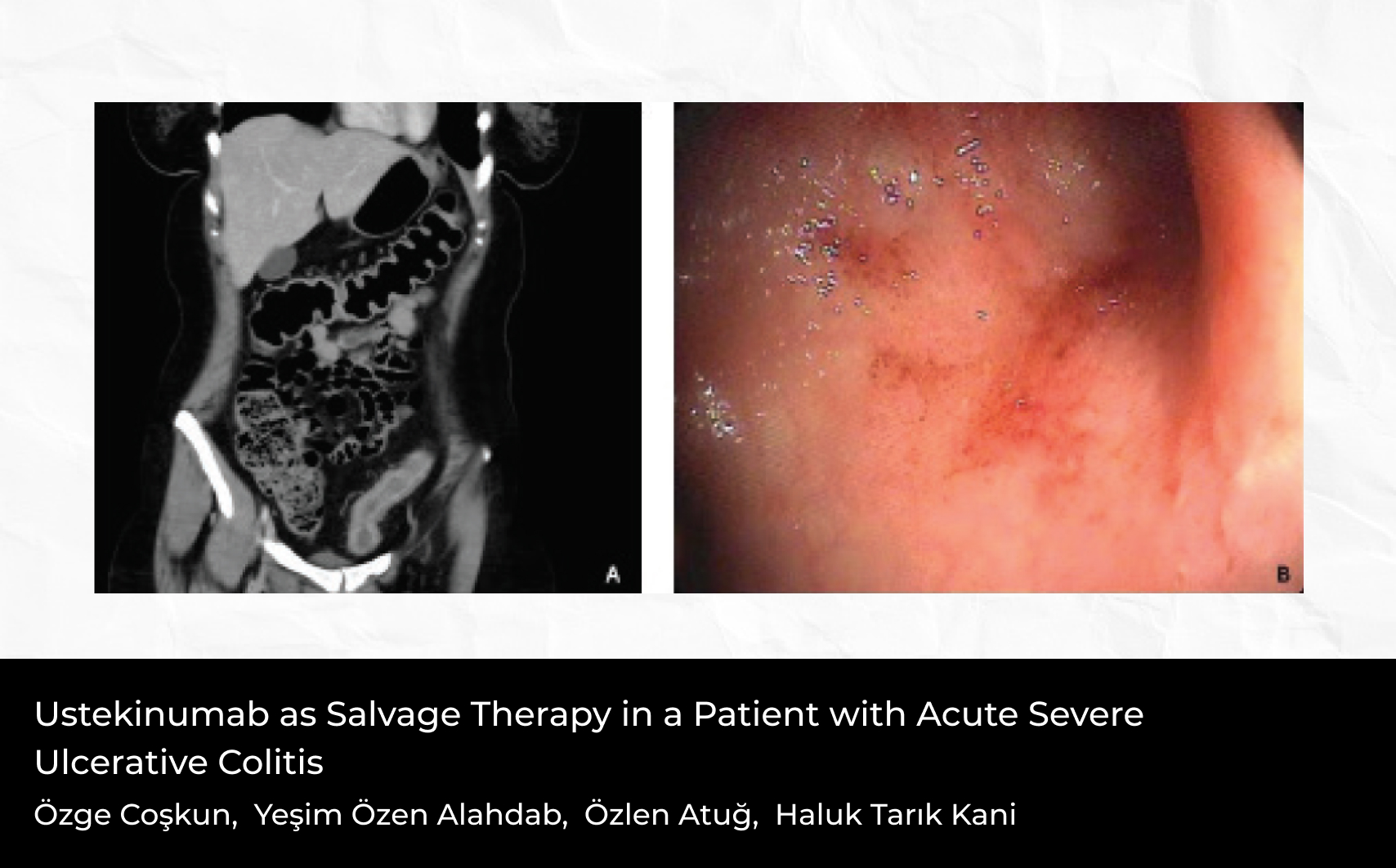
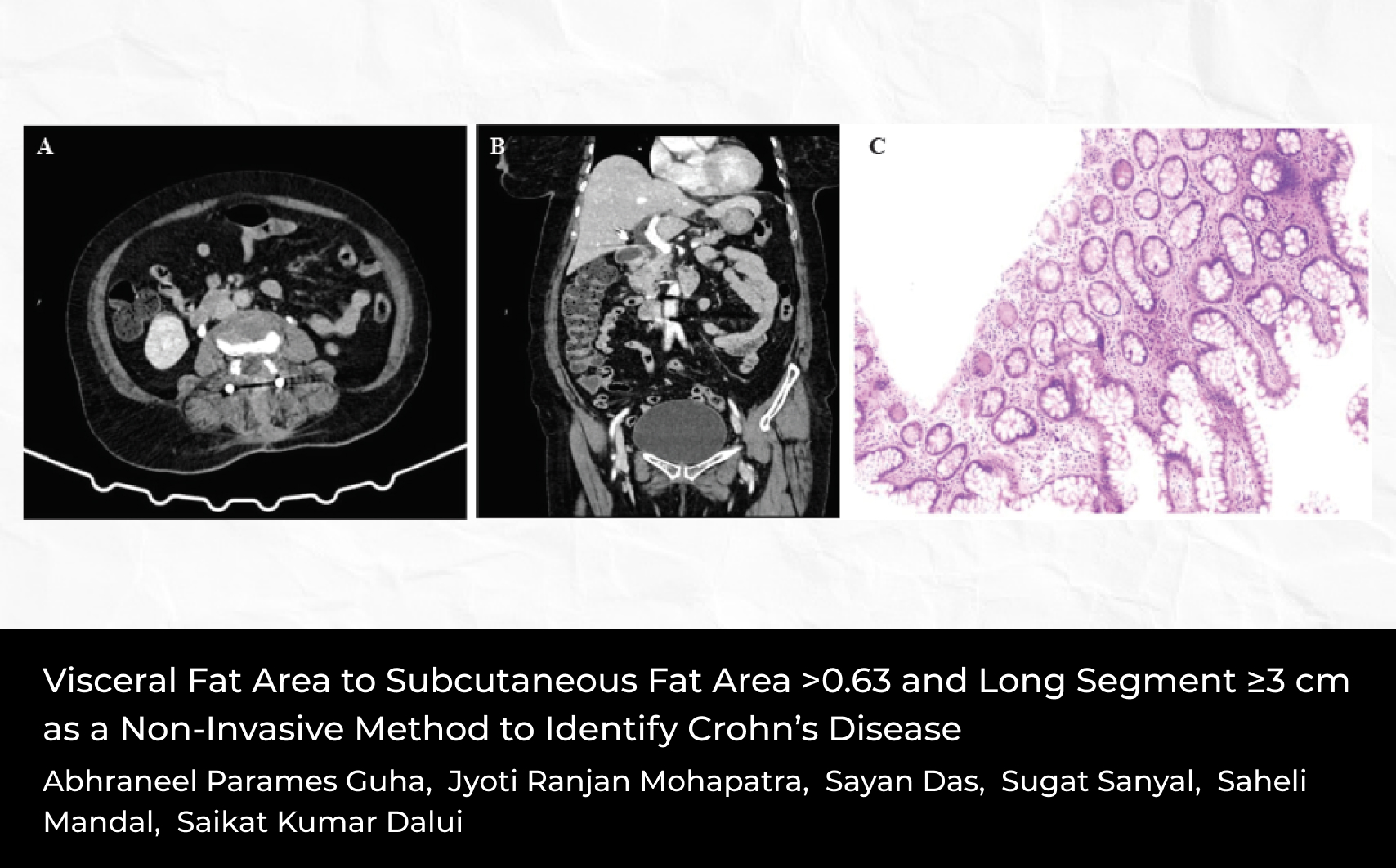
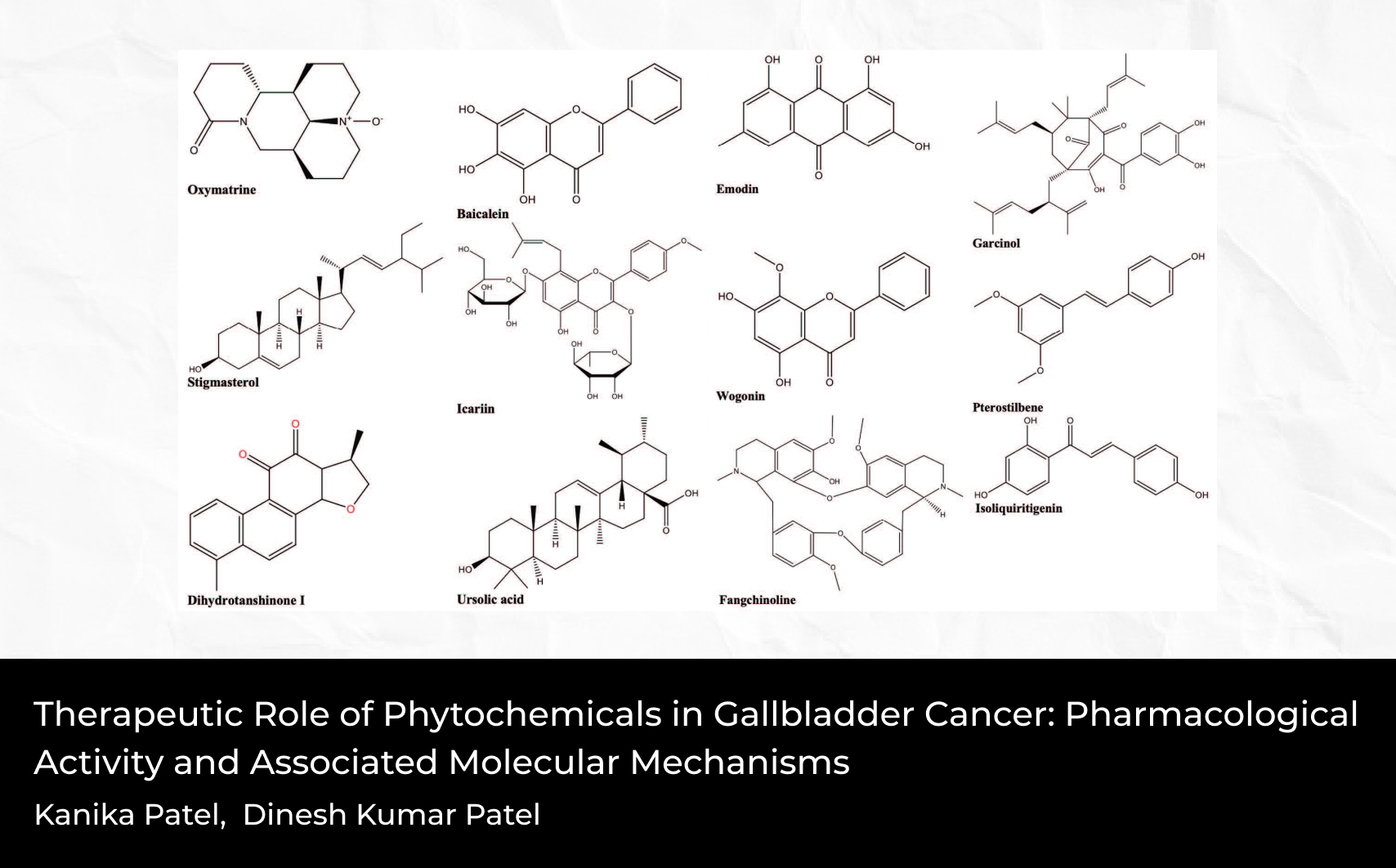
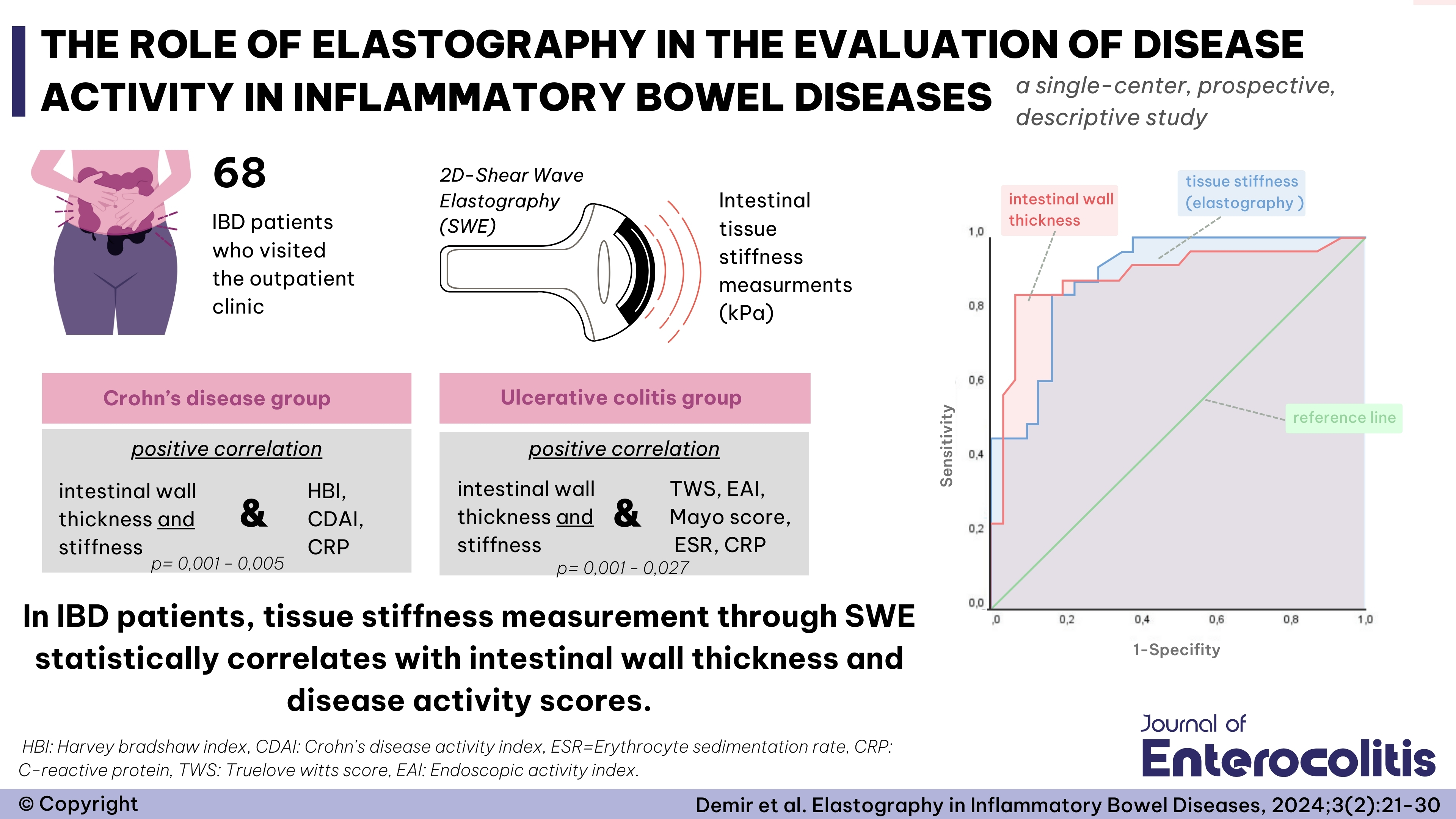
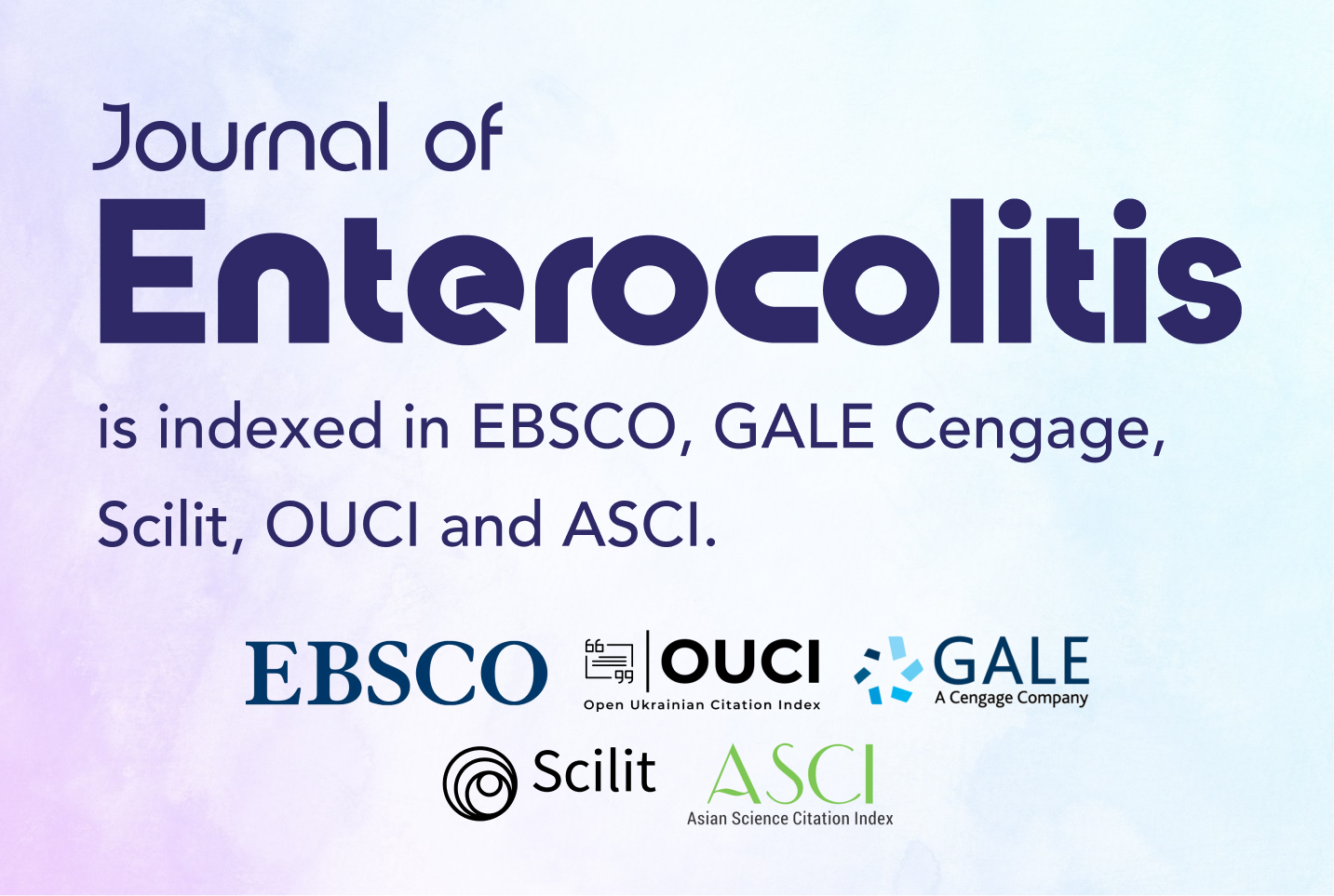
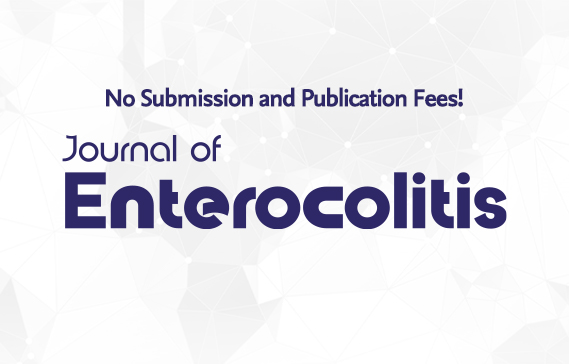
 Sezen Genç Uluçeçen1
Sezen Genç Uluçeçen1 






